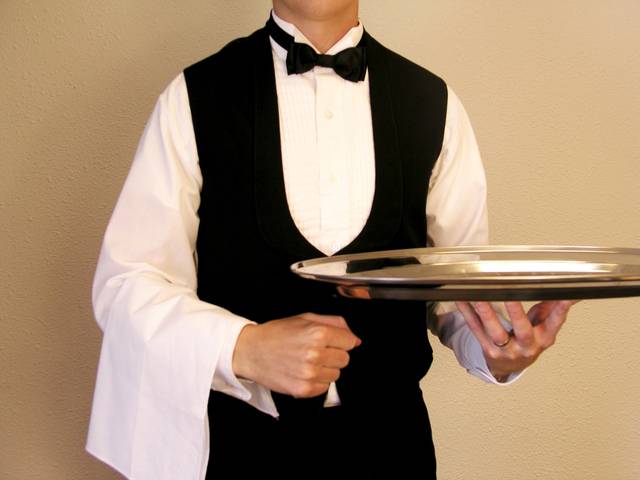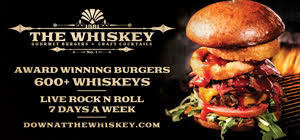
I don’t know when the terminology first shifted, but I do know that for a very long time restaurants have referred to their patrons as guests rather than as customers. I also don’t know when I started doing the same, but a recent article in the New York Times has me reconsidering.
In it, Pete Wells, the Times’ restaurant critic, discusses a note received from a reader after he referred to the way Union Square Cafe takes care of its customers. The reader chided Wells, noting that owner Danny Meyer only serves guests. Wells replied that the Times’ style mavens say that a guest is someone who doesn’t pay; a customer is presented with a check. Never mind that you can find thousands of articles printed by the paper that refer to “hotel guests,” who presumably not only pay a nightly rate but are also charged resort taxes and tourist fees. Maybe once they order from room service they become a customer.
Anyway, the article did get me thinking about the terminology we use. Obviously, restaurants began referring to customers as guests as a means of softening the relationship, to make it more congenial, less transactional. I bought into the idea and have often referred to myself as a guest. For me, a guest isn’t necessarily one who doesn’t pay but is rather someone who has a host.
The discussion also reminded me of a change in terminology I fought to enact when I first started reviewing restaurants, 29 years ago. I lost the battle, but ironically it is a topic that might be ready for debate today.
It involves the words waiter and waitress.

When I started writing reviews at the Orlando Sentinel, I simply used the word waiter interchangeably for men and women. I found the word waitress to be a diminution of waiter. What’s more, it wasn’t really necessary and it didn’t follow style standards for other words. We don’t call a female driver a driveress. All of you are readers and none of you readeresses.
I had the same issue with hosts and hostesses. They are sometimes also known as greeters, but for some strange reason never greeteresses.
I started referring to all restaurant wait staff as waiters without getting approval from my editors. I’m not even sure they realized it until, I believe, a restaurant owner (not owneress) complained about a negative review I had given the restaurant in which I referred to the the untrained waiters. The owner complained that he employed only waitresses and questioned whether I had actually dined as his restaurant.
Whatever, apparently a meeting of the Sentinel’s style board was called and the decree came down that men were to be known as waiters and women are waitresses.
I almost exclusively began referring to restaurant staffers as servers.
I still do. Every now and then I’ll slip and refer to a waitress. I try never to use it in a derogatory manner. But mostly I’ll say servers, because no one could force me to call a woman a serveress. I even carefully chose the title for a course I’m about to launch: Scott Joseph’s Server Training Guide.
I can’t help but think that the terminology is ripe for renewed arguments, especially at a time when gender-neutral pronouns are being employed. Even the AP Style Book now says it is OK to use “their” instead of he or she to indicate a single person, for crying out loud.
So how do you feel about this? Do you care one way or the other? Would you like to argue the point?
Be my guest.










